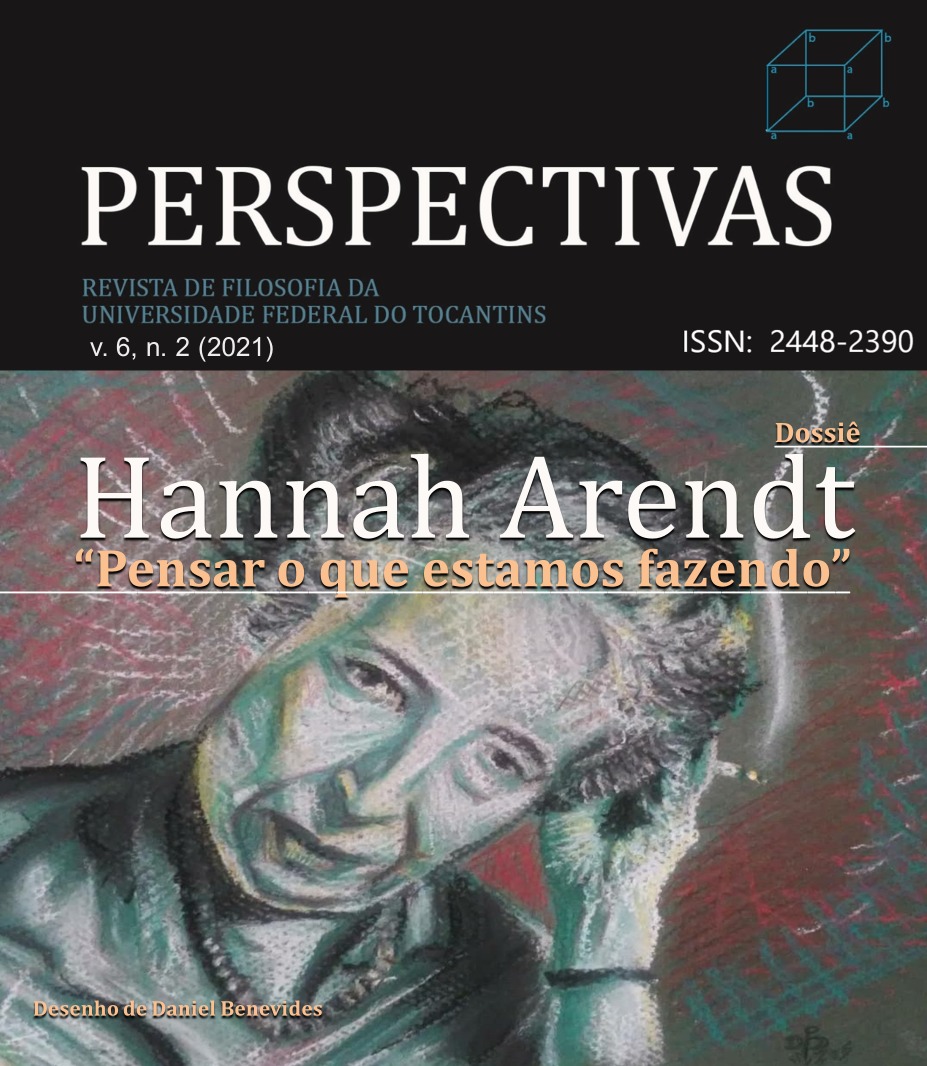A literatura como marca da expressão filosófica brasileira
O caso de Machado de Assis
DOI:
https://doi.org/10.20873/rpv6n2-22Abstract
Our purpose is to use the figure of the literate-philosopher proposed by Margutti to understand the specifics of Brazilian philosophy, whose case-example taken by us in this paper is Machado de Assis. Therefore, the work will be divided into three sections. In the first, we will present other forms of philosophical expression than the traditional form of system, thus establishing a first relationship between philosophy and literature. The second consists of a general characterization of Brazilian philosophy based on the presentation contained in the initial moment. We highlight three elements that will be presented to characterize Brazilian philosophy: the reverse path procedure, the dependence on the cultural characteristics of the Iberian peoples, and the use of parallels. From these elements it will be possible to introduce into the discussion the figure of the literate-philosopher. We end then with the discussion of whether or not there is a philosophy in Machado de Assis, in accordance with what was exposed in the previous stages. Therefore, we synthesize two readings of Machado as an author in which there is not a properly philosophical density, that of Benedito Nunes and Miguel Reale, and then we contrast two opposite readings, in which Machado de Assis' philosophy is considered evident: those of Maia Neto and Margutti.
Downloads
Published
How to Cite
Issue
Section
License
The Magazine is under the Creative Commons Attribution 4.0 International Public License (CC BY 4.0), according to which:
1) The authors retain the copyright and grant the journal the right of first publication, with the work simultaneously licensed under the Creative Commons Attribution which allows the sharing of articles published with the recognition of authorship and initial publication in this journal.
2) Authors are authorized to enter into additional contracts separately for distribution of the version of the work published in this journal, as long as there is recognition of authorship and initial publication in Perspectivas.
3) Authors are authorized and encouraged to disseminate published texts with proper references to the journal and its authors.





















